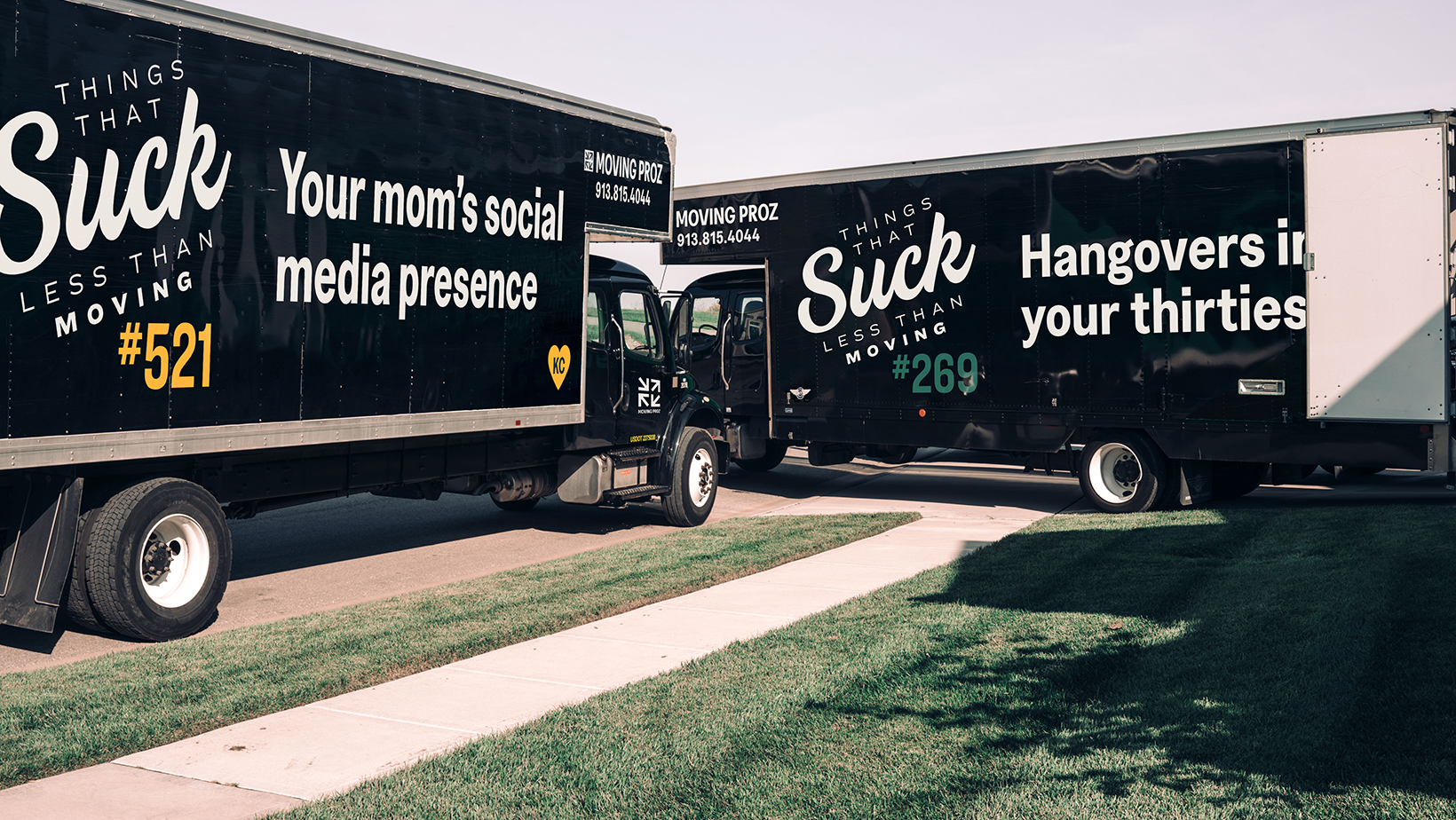Are you thinking about retiring in Overland Park? Then this is the perfect article for you!
If you have finally reached your goal of retiring, congratulations! You have worked for many decades and are now ready to take it easy and fully embrace life. Perhaps you’ll travel, perhaps you’ll see more of your grandkids, or perhaps you’ll take up a hobby like golf or gardening. Whatever the case, it’s important to remember this is your time. Now that you have reached this milestone, you may look around your big house with all its cleaning and upkeep and decide that you want to downsize.
If retiring to Overland Park is in your future, you may want to first weigh the pros and cons of moving in your Golden Years. It’s an important decision that shouldn’t be made lightly. Here are some benefits and drawbacks of moving after retiring in Overland Park, just a half hour from downtown Kansas City and home to 191,000.
PROS
First, consider the benefits of moving after retirement. After all, there are several advantages to ditching the old house so you can settle into a smaller community with fewer responsibilities.
1. Affordability
If you previously had a home in a city with a high cost of living, you may be able to enjoy life in a new city with lower cost of living. This can affect the cost of anything from your groceries to your hair appointments, not to mention utilities, eating out, recreation and more. And if you’re now on a fixed income due to retirement, you need to pinch those pennies wherever you can. Generally, you’ll pay less in smaller communities and rural areas than you will in the big cities.
2. Smaller homes are cheaper
Selling your large home that perhaps you built with your spouse and raised all your kids in can bring you a good chunk of change to fund your retirement. It’s likely that you paid off your mortgage long ago, so the money you earn from the sale is free and clear. You can put that money towards a much smaller home on a smaller lot, perhaps in a retirement community of likeminded people.
Smaller homes also come with much lower living costs pertaining to maintenance, energy bills and property taxes. And if you’re in declining health or aren’t as mobile as you used to be, the prospect of not having to mow the lawn, pull weeds or dust a four-bedroom house every week will fill you with relief.
3. Closer proximity to family
Perhaps when your grown children got married and had families of their own, they moved further away from you, either to be closer to work, their spouse’s family or housing constraints. Now that you have much more free time than you did pre-retirement, you may find yourself wanting to be closer to family so you can help raise your grandkids.
Now that you don’t have a demanding job tying you down, you have the freedom to move closer to your family, either in your own home within the same town, or within an in-law apartment attached to their house.
4. No restraints
In addition to not having a job keeping you in one spot, you can now travel freely without worrying about hiring someone to upkeep the house while you’re gone, such as mow the lawn or clean the house. You can come and go as you please, and all general maintenance is taken care of for you if you live in a retirement community or HOA.
CONS
As with everything in life, there are always drawbacks to moving after retiring. Here are just a few of them:
1. Missing family and friends
Now, if you have decided to do the opposite of move closer to family and have in fact decided to move away from them, the biggest drawback of moving after retirement is missing the family and friends you love so much. There is certainly an emotional cost involved with leaving friends and neighbors you have cherished for many years. This will be a big blow to you if you have spent a lot of quality time with them up till now. That void will surely be missed.
2. Leaving a familiar place
Moving after retirement can also be tough when you think about the prospect of leaving a home you have lived in for decades. Maybe you raised your kids there and watched your grandkids grow there. Maybe that’s the house you made with your spouse of 50 years and he recently passed. It can be tough to give up those memories that are so ingrained in us.
It’s not just the house you’re leaving, it’s the neighborhood and the community that you have been a part of for so long.
But with a large home no longer practical, it only makes sense for many retirees to make a move. Those emotional attachments can be difficult to overcome.
This isn’t a problem for some people who can adapt more quickly to a new setting, but for others, such major changes are difficult to accept. You’ll have to do some soul searching on this one: do you want to remain grounded in roots or are you willing to accept change and start over?
3. Your enthusiasm for a move is not shared
While you may have come to terms with moving to Overland Park after retiring, your spouse or partner may not be so happy about it. In an ideal world, you’ll both be on the same page and supportive of the decision to relocate. But this doesn’t always happen. When one is gung-ho about leaving but the other is equally as steadfast in their decision to stay, this adds strife and tension to any relationship.
4. Starting over again
Even if you got some good money from the sale of your old house, you will have to pay for a new one. And if you don’t have enough cash to purchase your post-retirement dream home, you may have to take out another mortgage. You may not want to start over financially at this juncture in your life. Then, there’s the physical toll that comes with a move, from packing up everything you own to getting it moved, to setting up a whole new home.
Contact Moving Proz
If you’ve been contemplating moving after retirement, you want Moving Proz on your side. We have a lot of experience with senior moves and relocations in Overland Park. For your free quote, contact us today.

